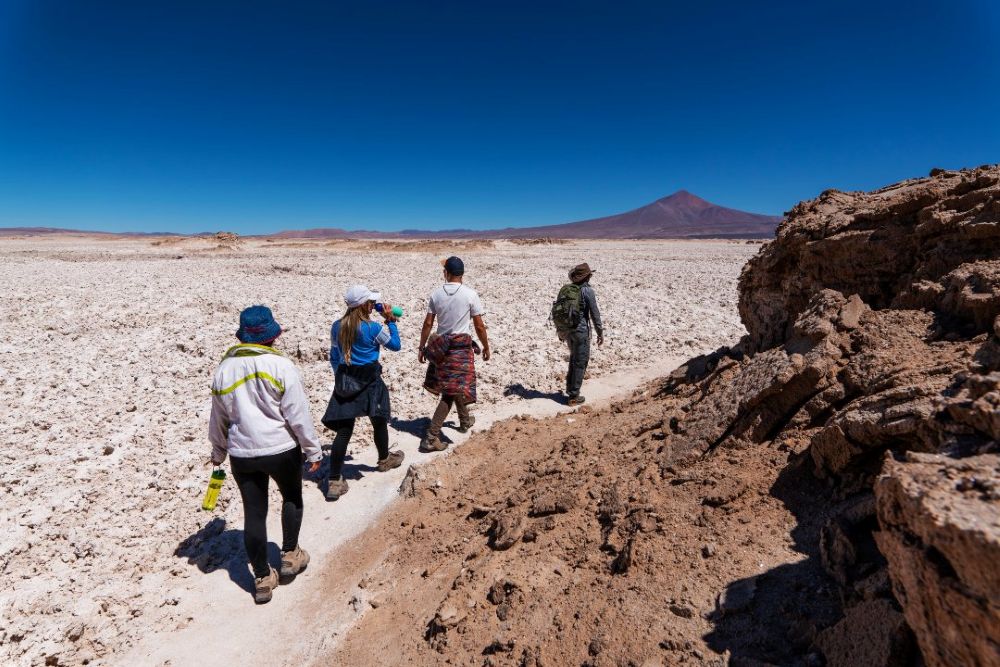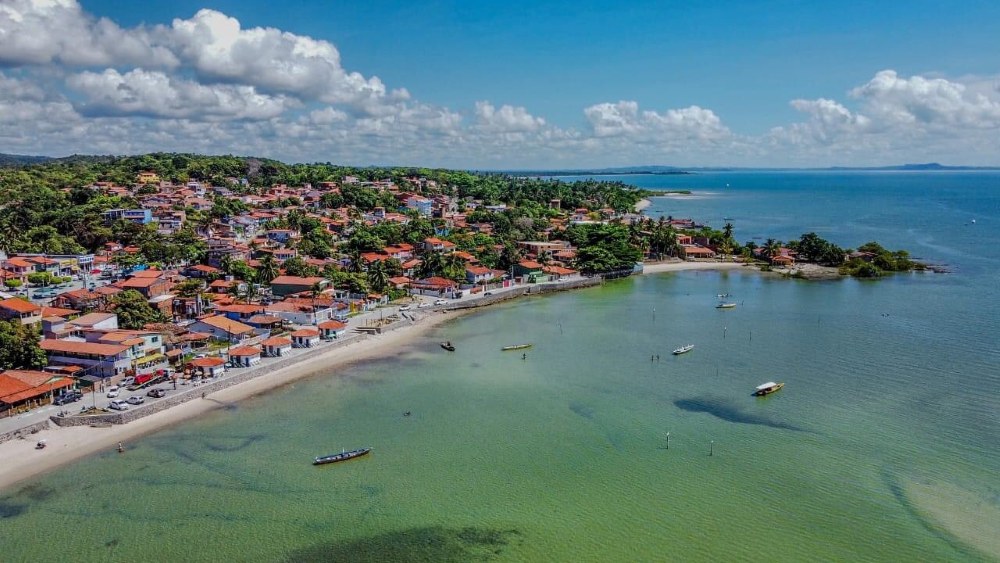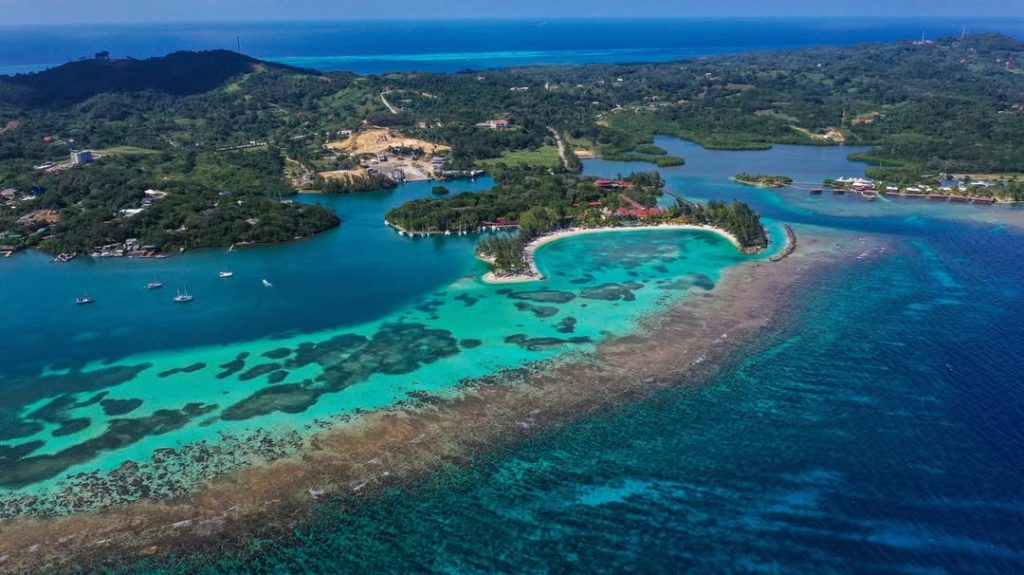[et_pb_section bb_built=”1″ fullwidth=”off” specialty=”off” _builder_version=”3.9″][et_pb_row _builder_version=”3.9″ padding_right_1=”30px” padding_left_1=”30px” padding_right_2=”30px” padding_left_2=”30px” background_color_2=”#f4f4f4″ padding_top_1=”30px” padding_bottom_1=”30px” padding_top_2=”30px” padding_bottom_2=”30px”][et_pb_column type=”2_3″][et_pb_text admin_label=”Category title – Manual” _builder_version=”3.9″ text_font=”|700|||||||” text_font_size=”12px” text_letter_spacing=”2px” border_style_all=”none” text_text_color=”#848484″]
CULTURE
[/et_pb_text][et_pb_divider _builder_version=”3.9″ color=”#ffffff” height=”15px” /][et_pb_text admin_label=”blog title” _builder_version=”3.9″]
The origin of the names of the countries of America
This article was originally published www.elcafelatino.org
[/et_pb_text][et_pb_divider _builder_version=”3.9″ color=”#ffffff” height=”15px” /][et_pb_text _builder_version=”3.9″ text_orientation=”justified”]
Colombia
Means something like “Land of Columbus” in an obvious tribute to the Italian navigator Christopher Columbus (1451-1506), who discovered the American continent in 1492.
Ecuador
Was named after the imaginary line that crosses its territory and cuts our planet in two. The word derives from the Latin aequus, or “equal” in a reference to the division of the earth into two equal parts, the northern and southern hemispheres.
Peru
The origin of the name is controversial with two conflicting interpretations. The first states that it is derived from the name Birou, an important Inca leader. The word also means “land of wealth and hope”.
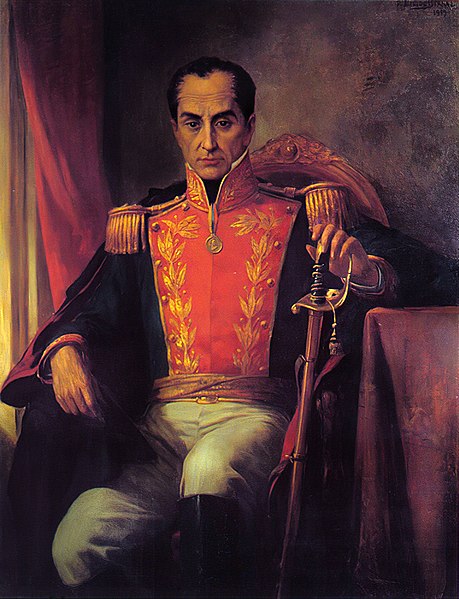
Bolivia
The general and statesman Simon Bolivar (1783-1830) became one of the main South American heroes by fighting for the independence of several American countries, Bolivia, named after him.
Chile
Chile was already called that by the Aimar Indians, who lived in the north of the country. In their language, the word chilli means “where the land ends”, referring to the geographical position of the territory.
Venezuela
Named after Américo Vespucio (1454-1512), an Italian explorer. While visiting the region, he met indigenous people who built their houses in palafittes above the waters of Lake Maracaibo. This led to the place being called “Little Venice” in Venezuela.
Argentina
Inspired by argentum: “silver” in Latin. This land impressed its discoverers with the great amount of mineral wealth found on its soil, mainly silver.
Suriname
Name of the Surinen Indians, the original inhabitants of the region. A sad memory, since by the time the first exploiters arrived, the tribe had almost disappeared, expelled and decimated by other indigenous groups who occupied the area.
Guyana
Located between the Orinoco, Amazon and Black rivers, as well as being bathed by the Atlantic Ocean – were known by the indigenous people as Guyana, a term which in their language means ‘land of many waters’.
Brazil
Brazil derives its origin from the Brazil wood or pernambuco. Brazil means something like “ember”, referring to the strong reddish colour of the bark used to make dye.
Uruguay
Won the same name that the Tupi and Guarani Indians gave to the great river that runs through its territory. In their language, the word means “river of snails”.
Paraguay
The region was inhabited by Indians called payaguaes. Good swimmers and skilled navigators, they lived on the banks of the river that gave the tribe its name. The term can be translated as “tail of the sea”, or “river that gives way to the sea”.
Mexico
Comes from the Spanish “Mexico” and earlier from the Nahuatl “Mexihco”. Its meaning could be “place of the Mexi deity” or “navel of the moon”. The original name of Mexico City is “Mexico-Tenochtilam”.
Panamá
For the Amerindians, it meant “abundance”. The bay of Panamá was very rich in fish. The second: for the Amerindians of the time the Panamá was a widespread endemic tree. Also a summer hat for men, made of very fine straw, soft and light, braided with thin strips cut from the leaves of a Central American latana tree.
Costa Rica
Literally the “rich coast”. Christopher Columbus landed on the coast of Costa Rica in 1502. He stayed there with his men for 17 days and greatly appreciated the hospitality of the natives.
Honduras
There are many theories about the origin of the name Honduras. The name Honduras appeared in official texts in the year 1607. In addition, many texts mention other names such as Guaymuras, Waymas, Fondura, ternura. The toponym Honduras It tells you in Spanish “deep waters”.
Nicaragua
At the arrival of the Europeans, two large linguistic groups dominated Nicaragua: one, the most important, of Náhualt origin, the other of Macrochibcha origin. The Miskito (or Mosquito), Sumu (or Sumo) and Rama of today are the descendants of the former Macrochibcha groups. Others claim that the Nahao group called this area Nicanahuac, which translates as “This is where the Nahoas came”.
El Salvador
Product of the union of the provinces of Sonsonate and San Salvador, the official name “El Salvador” (meaning the Saviour, in reference to Christ) On the 100th anniversary of the official name “The Republic of El Salvador”, the government of El Salvador explains that, although it is not registered, the first evidence of its name can be found in Guatemalan archives and dates back to 1525.
Guatemala
It derives from the word for the Cakchic territory, Quauhtemallan in the Náhualt language: “wooded place, accumulation of wood or land of eagles”. It is also said to be derived from Nahuatl, either from the word “Coactlmoctl-lan”, which means “The land of the bird that eats snakes” or, more likely, from the word “Quauhtemallan”, which means “place with many trees”.
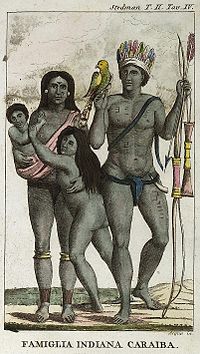
Caribbean Islands
In the language of this people, who called themselves the Kalinago people, the term ‘karibna’ referred to a human being, a person. In the language of other Caribbean Amerindian peoples, the term referred to the Kalinago people and meant ‘brave, courageous’. The term itself was coined by Europeans, not Caribs. The word Carib is derived from “Karib”, the name given by European settlers to one of the last “first” peoples to survive the Amerindian genocide, which witnessed the almost complete disappearance of the three million pre-Columbian inhabitants of the Caribbean islands.
Cuba
There are many theories about the origin and meaning of the name of this Caribbean island. One theory holds that it comes from the word Ciba, which for the Taínos aborigines means stone, mountain, cave. Others believe that the name comes from the word taíno, cohiba, which the natives referred to when they named the territory. Its name could also be a derivation of the taíno Cubanacan, meaning “central place”.
Haiti
Haiti derives from the Arawak language, which was the language of the primitive inhabitants of the place and means “land of mountains”. It is the name that the Taínos gave to the western part of the island, which it shares with the Dominican Republic.
Jamaica
With Spanish translations over the years, the words Xaymaca or Yamaya from the Taíno language ended up in Jamaica. Its name means “land of forests and water”.
Puerto Rico
Puerto Rico was called Boriquén or Boriquen by the native Taínos, which means “Land of the Most High or Great Lord”. This is also the origin of the affectionate name “boricua” for the Puertoricans. Rich Port.
The Dominican Republic
It was originally called Santo Domingo, which is the current name of its capital, and later became the Dominican Republic. According to a theory explained by the historian Celsa Albert Batista, its name comes from the religious order of the Dominican Fathers who settled in this place to evangelise. However, another theory is that it was Christopher Columbus, who arrived on the island on a Sunday, who gave it this name, although the navigator named the entire island, a territory shared between the Dominican Republic and Haiti, Hispaniola.
[/et_pb_text][et_pb_divider _builder_version=”3.9″ color=”#ffffff” height=”24px” /][et_pb_cta admin_label=”visit members page button” _builder_version=”3.9″ button_text=”Visit Latin America” button_url=”https://quimbaya-tours.com/en/home/” use_background_color=”off” custom_button=”on” button_bg_color=”#0c71c3″ button_border_radius=”100″ url_new_window=”on” saved_tabs=”all” /][/et_pb_column][et_pb_column type=”1_3″][et_pb_divider _builder_version=”3.9″ color=”rgba(255,255,255,0)” height=”15px” /][et_pb_text admin_label=”side title” _builder_version=”3.9″]
RECENT POSTS
[/et_pb_text][et_pb_divider _builder_version=”3.9″ color=”rgba(255,255,255,0)” height=”15px” /][et_pb_blog _builder_version=”3.9″ include_categories=”269,220,219″ posts_number=”3″ show_more=”on” show_author=”off” show_categories=”off” show_pagination=”off” header_level=”h5″ header_text_color=”#0c71c3″ header_font=”|600|||||||” custom_css_content=”display: none;” /][/et_pb_column][/et_pb_row][et_pb_row][et_pb_column type=”4_4″][et_pb_text admin_label=”You may also like:” _builder_version=”3.9″]
You may also like:
[/et_pb_text][et_pb_post_nav _builder_version=”3.9″ prev_text=”%title” next_text=”%title” in_same_term=”on” title_font_size=”18px” /][/et_pb_column][/et_pb_row][et_pb_row _builder_version=”3.9″ custom_margin=”20px||1px|” custom_padding=”1px||1px|” padding_top_1=”1px” padding_bottom_1=”1px”][et_pb_column type=”4_4″][et_pb_text admin_label=”SHARE THIS ARTICLE:” _builder_version=”3.9″ custom_margin=”1px||1px|” custom_padding=”1px||1px|”]
Share this article:
[/et_pb_text][/et_pb_column][/et_pb_row][/et_pb_section]

